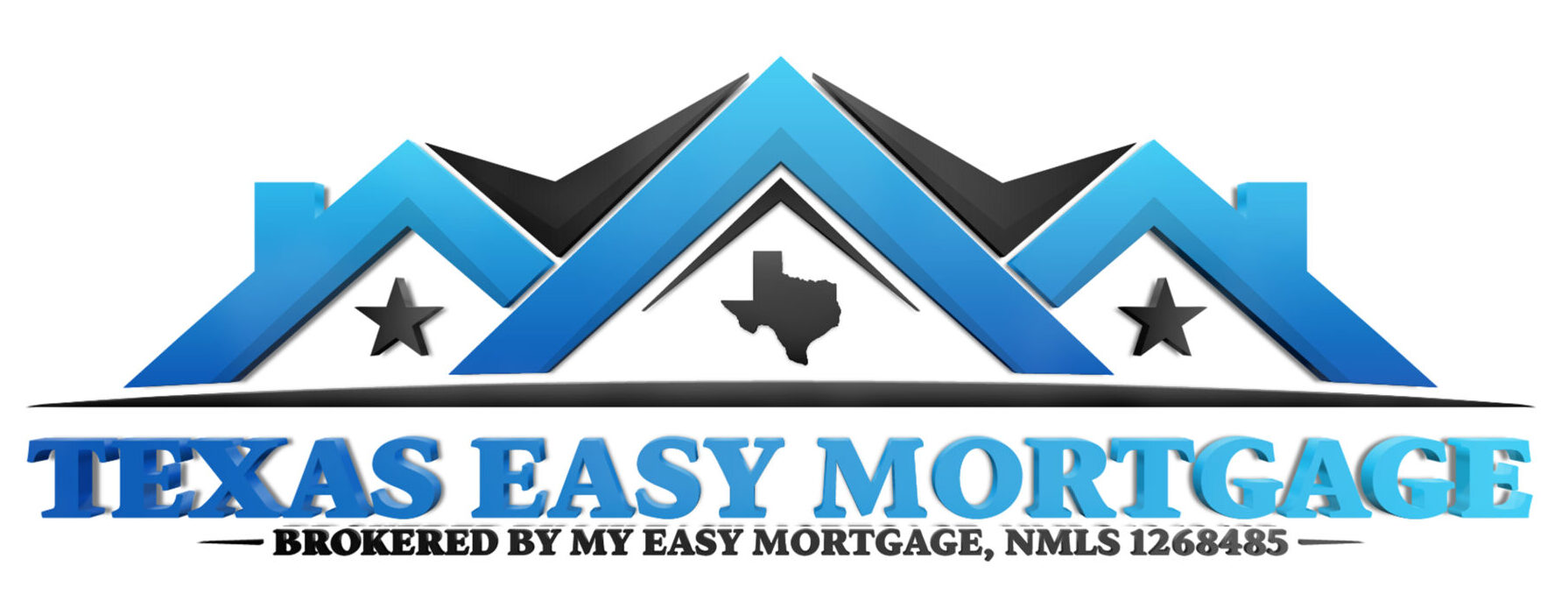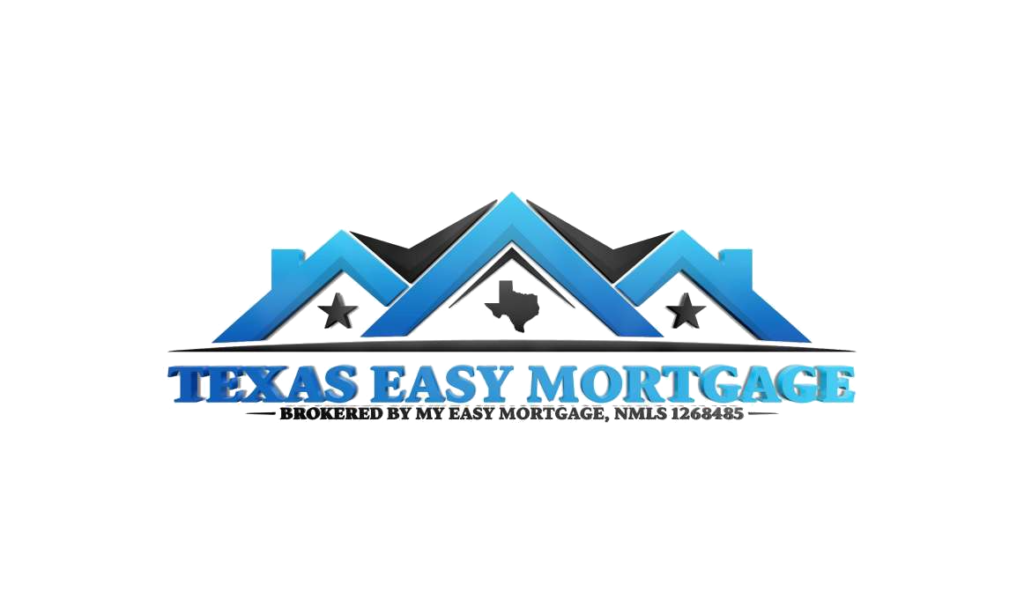WE’RE HERE TO HELP YOU
Get a Teacher Home Loan
A Teacher loan is a type of mortgage loan designed for individuals who are purchasing a home and are an educator. It often comes with lower interest rates and down payment requirements, and may have specific eligibility criteria.
What is a Teacher Home Loan?
A Teacher Mortgage is a type of home loan that caters specifically to the unique financial needs of teachers and other educational professionals. It’s designed to acknowledge the crucial role of educators in our society and facilitate homeownership among them by offering a range of attractive benefits.
Picture yourself as a teacher, seeking to buy your first home. Traditional mortgages might seem daunting, with their interest rates, fees, and large down payments. This is where a Teacher Mortgage could step in as a favorable option, making your dream of owning a home more attainable.
Lenders often collaborate with schools, school districts, or educational organizations to provide these special mortgage terms. Here’s how these unique features could look in practice:
Reduced Interest Rates: Imagine paying less interest on your home loan compared to other homeowners. Teacher Mortgages typically offer lower interest rates, leading to significant savings over the life of the loan, and reducing your monthly payments.
Reduced Fees: Buying a home involves various costs, including origination fees or closing costs. Teacher Mortgages often lower these fees, which could amount to considerable upfront savings when buying your home.
Flexible Repayment Options: As a teacher, you might need a loan repayment structure that aligns with your income schedule. Teacher Mortgages can offer flexible options, such as extended loan terms or interest-only payments, allowing you to manage your monthly payments comfortably.
Down Payment Assistance: Coming up with a large down payment can be a significant hurdle when buying a home. Some Teacher Mortgages offer down payment assistance programs, helping you purchase a home with a smaller upfront payment.
Loan Forgiveness or Cancellation: There are Teacher Mortgages that may forgive or cancel a part of your loan balance if you meet specific eligibility criteria. For instance, if you teach in a low-income school or instruct in a high-demand subject, you might be eligible for this benefit.
In summary, a Teacher Mortgage can be an appealing option if you’re an educator looking to buy a home while capitalizing on benefits tailored to your profession. However, it’s crucial to compare rates and terms from various lenders to ensure you select the loan that best fits your personal needs and financial circumstances.


